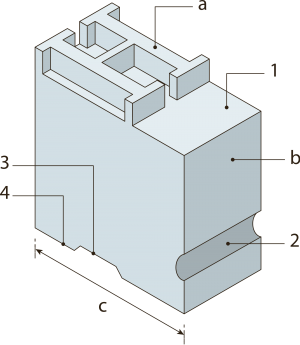Deep Text

What is "deep text?" It may have other meanings in the future, but right now Deep Text is an AI engine that Facebook is building. The goal of Deep Text is big - to understand the meaning and sentiment behind all of the text posted by users to Facebook. It is also intended that the engine will help identify content that people may be interested in, and also to weed out spam.
The genesis of Deep Text goes back to an AI paper published last year,"Text Understanding from Scratch," by Xiang Zhang and Yann LeCun.
Facebook pays attention to anything you type in the network, not just "posts" but also comments on other people's posts, Facebook researchers say that 70% of us regularly type and then decide not to post. They are interested in this self-censorship that occurs. Men are more likely to self-censor their social network posts, compared to women. Facebook tracks what you type, even if you never post it.
Why does Facebook care? If they know what your typing is about, it can show it to other people who care about that topic, and, of course, it can better target ads to you and others.
This is not easy if you want to get deeper into the text. If you type the word "Uber" what does that mean? Do you need a ride? Are you complaining or complimenting the Uber service? What can Facebook know if you type "They are the Uber of food trucks"?
This is a deep use of text analysis. With 400,000 new stories and 125,000 comments on public posts being shared every minute on Facebook, they need to analyze several thousand per second across 20 languages. A human might be able to do a few per minute, but obviously this is far beyond the capabilities of humans, The intelligence need to be artificial.
A piece on slate.com talks about how in Facebook Messenger might use Deep Text for chat bots to talk more like a human, interpreting text rather than giving programmed replies to anticipated queries. Saying "I need a new phone" is very different from "I just bought a new phone."The former opens the opportunity to suggest a purchase. The latter might mean you are open to writing a review.
Along with filtering spam, it could also filter abusive comments and to generally improve search from within Facebook.
Parsing text with software has been going on for decades. Machine scoring of writing samples has been an ongoing and controversial since it began. Ellis Batten Page discussed back in 1966 the possibility of scoring essays by computer, and in 1968 he published his successful work with a program called Project Essay Grade™ (PEG™). But the technology of that time, didn't allow computerized essay scoring to be cost-effective, Today, companies like Educational Testing Service offer these services, but what Facebook wants to do is quite different and in some ways more sophisticated.
Deep Text leverages several deep neural network architectures. These are things that are beyond my scope of knowledge - convolutional and recurrent neural nets, word-level and character-level based learning - but I will be using it, and so I want to understand what is going on behind the page.
If you read about Microsoft’s Tay chatbot, you know that it was artificial intelligence that was supposed to learn how to talk like a teenager. users gamed the software and "taught" it to talk like a Nazi, which became big news on social media. The bot was created by Microsoft's Technology and Research, and Bing divisions and named "Tay" as an acronym "thinking about you."
Facebook is testing Deep Text in limited and specific scenarios.
Trackbacks
Trackback specific URI for this entryThe author does not allow comments to this entry
Comments
No comments